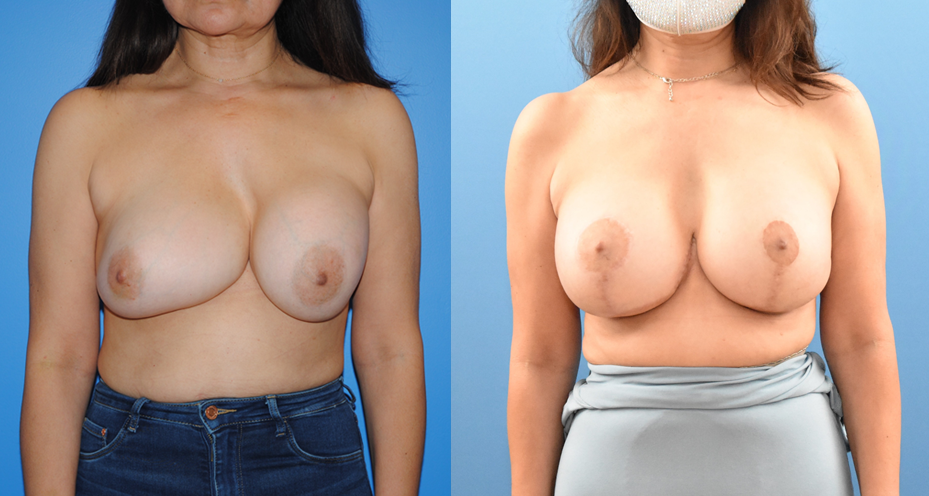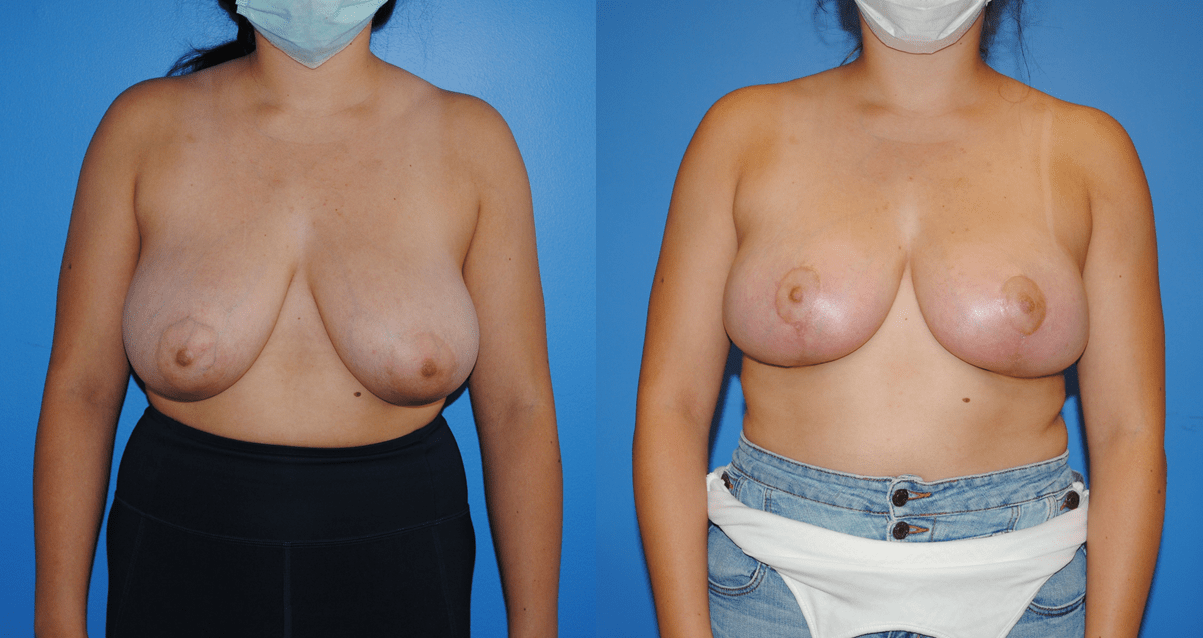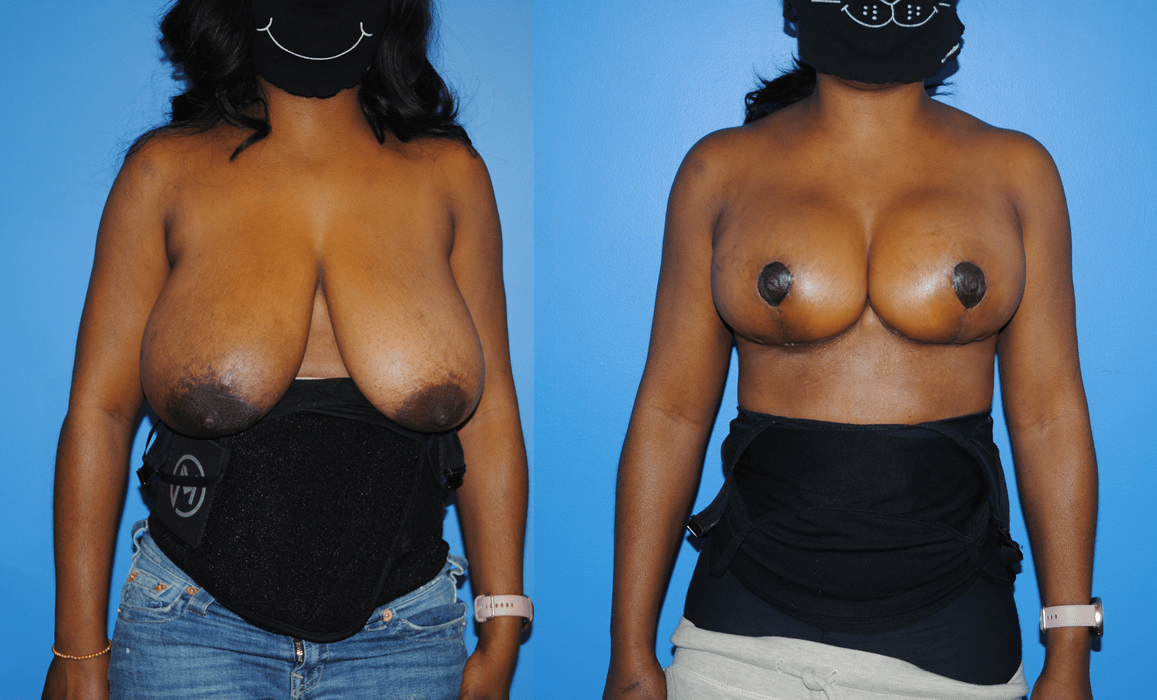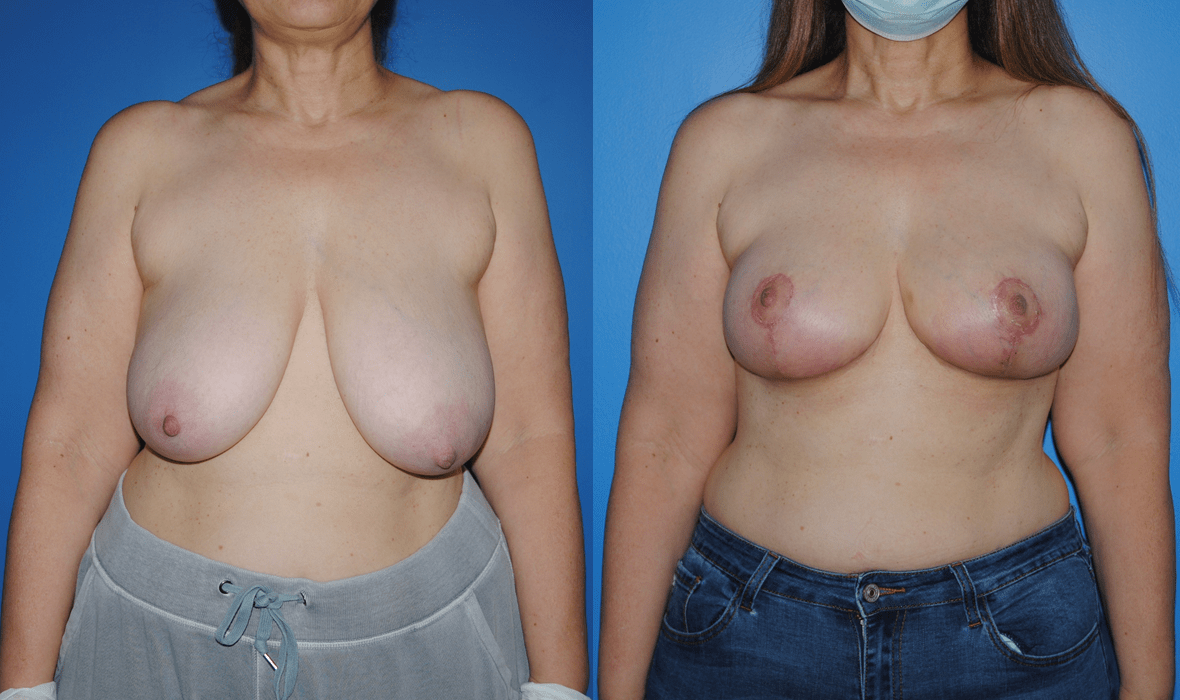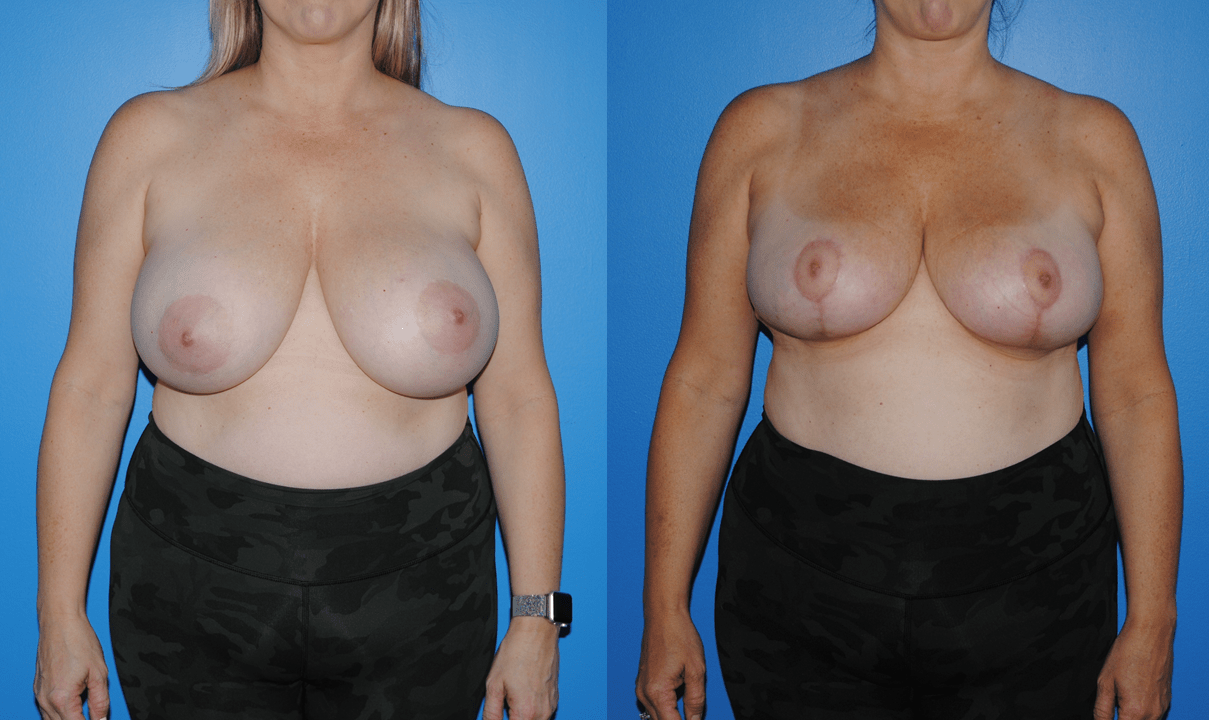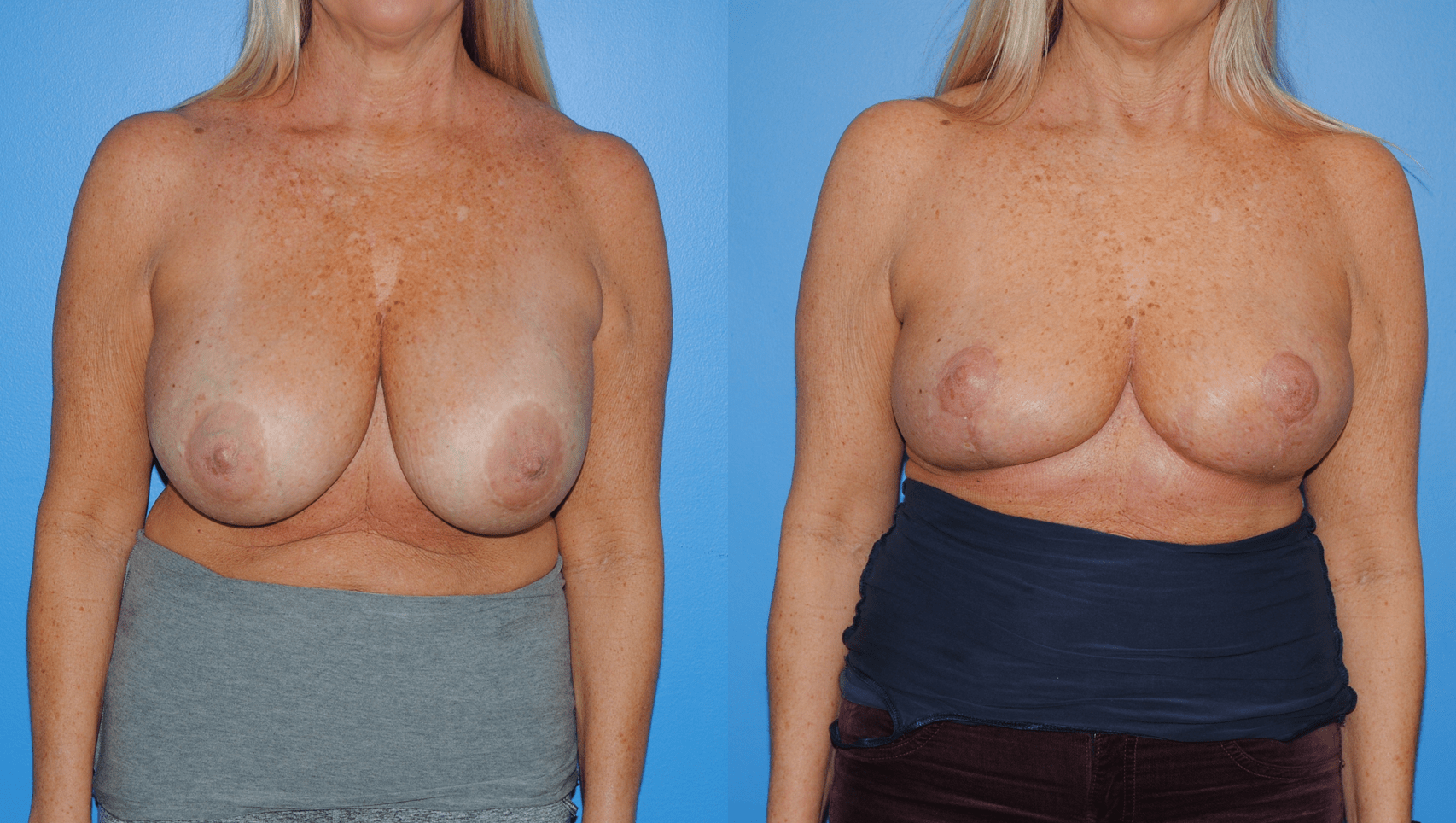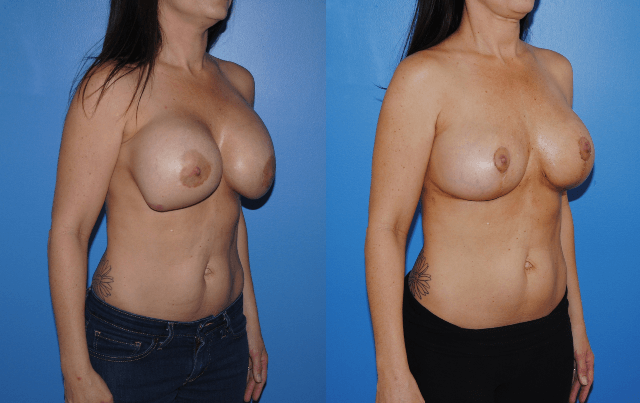Breast reduction surgery is often associated with a high patient satisfaction rate. Typically patients who wish to undergo breast reduction surgery have had symptoms of neck, back, or shoulder pain. There is often grooving in the shoulder from the bra straps and there is hypertrophy of the trapezius muscles. The large breasts can often get in the way of exercise…


